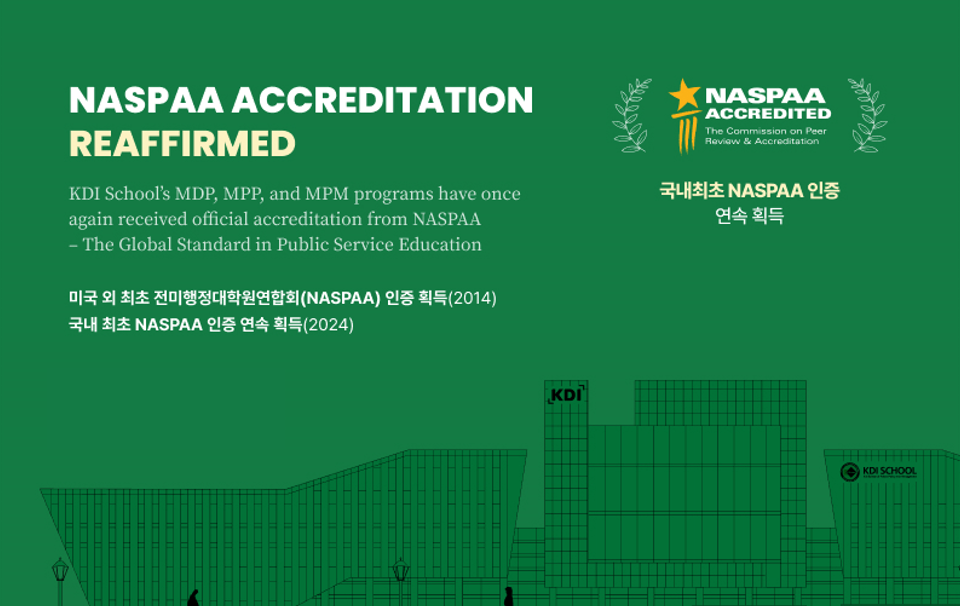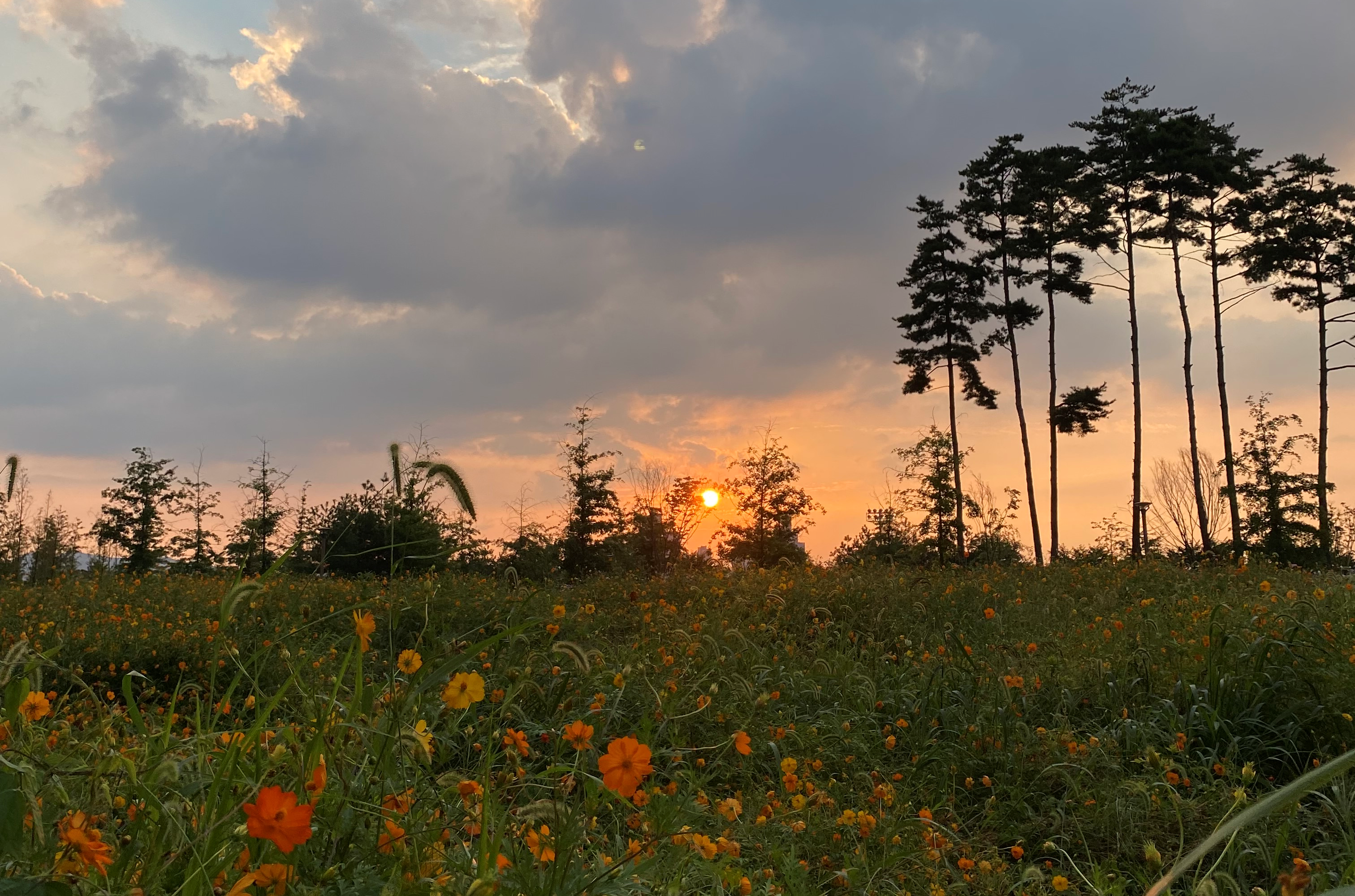
ADB-KDIS Asia Leadership Program
- Date 2014-05-01 06:50
- CategoryResearch and Education
- Hit1835
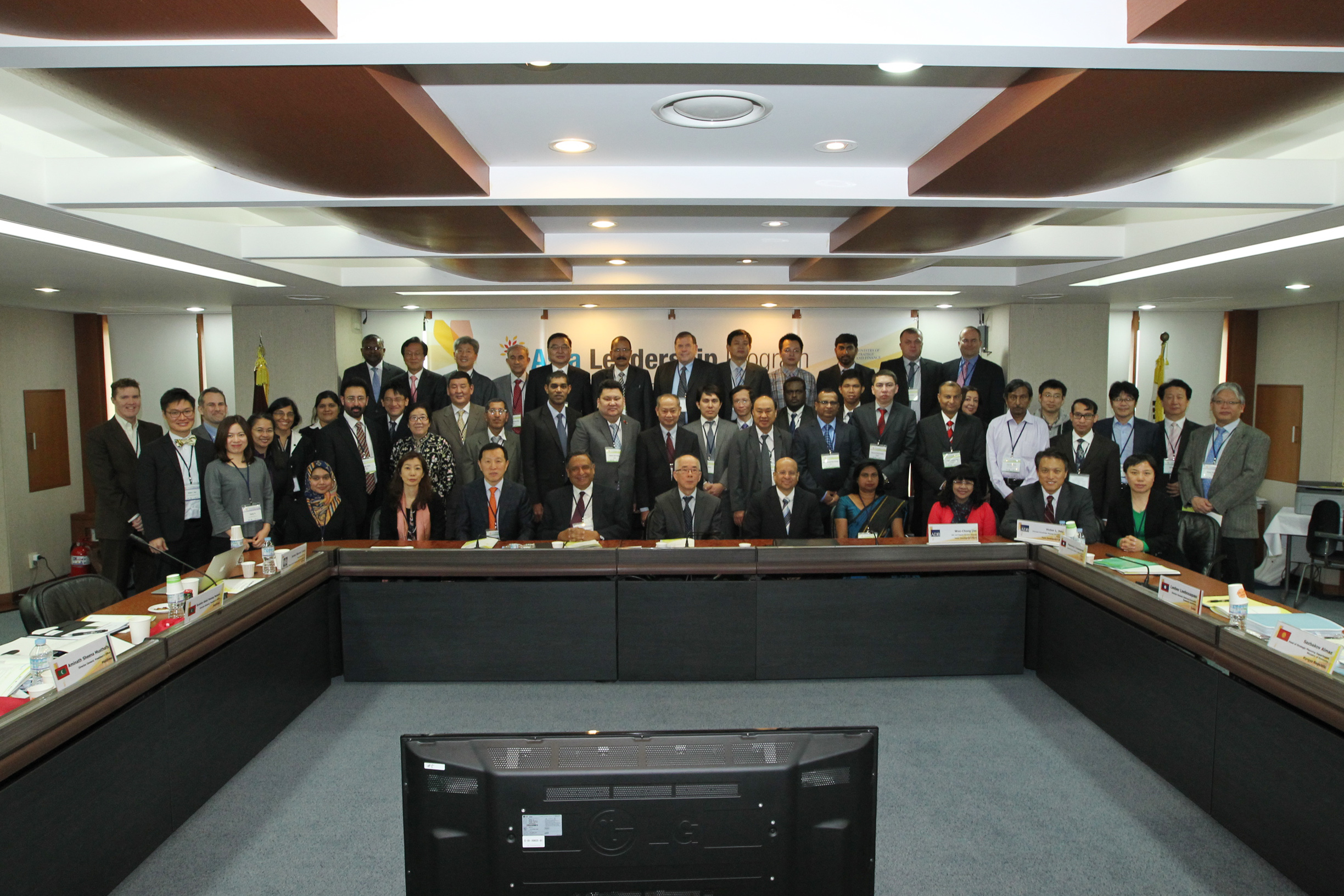
The Asia Leadership Program on Sustainable Development and Climate Change (the Asia Leadership Program), was held from April 7 to 11th, 2014 in Seoul, Korea. The Seoul event was the second full-scale offering of the Asia Leadership Program following the first in Delhi, India in partnership with the Energy and Resources Institute (TERI), in February 2013. The five-day program brought leaders in the Asia-Pacific Region to discuss key issues, share experience, define solutions, and support these leaders in implementing the solutions in their countries with advice from internationally recognized experts in sustainable development and climate change.
The Asia Leadership Program is an initiative of the Asian Development bank (ADB) in partnership with Ministry of Strategy and Finance, Korea and was hosted by the Korea Development Institute School of Public Policy and Management (KDI School). Participating countries include; Afghanistan, Cambodia, Georgia, India, Indonesia, Kyrgyz Republic, Laos, Maldives, Mongolia, Nepal, Pakistan, People’s Republic of China, Sri Lanka, Thailand, Uzbekistan, Sri Lanka, Uzbekistan and Vietnam.
The program is divided into two parts: executive-level session and senior-level session where the former was held from April 7 to 8th and latter held from 9th to 11th. Both sessions aim at one goal: empowering leaders to incorporate sustainable development and climate change initiatives into national policies and priorities. Specific in the Asia Pacific region, these initiatives are connected to poverty-reduction efforts as well. To this end, the program provides an avenue for the participants to learn success stories in different countries, dialogue with other leaders, and gain possible perspectives towards application of what they have learned in their home countries.
During the first day of the program, prominent leaders such as Han Seung-soo, former Prime Minister of Korea; Rae Kwon Chung, United Nations Economic and Social Commission for Asia and the Pacific (UNESCAP); Bindu Lohani, ADB Vice-President for Knowledge Management and Sustainable Development graced the event and has highlighted the important role of governments in leading climate change efforts in both national and regional schemes. A full-day stretch that covers roundtable discussions between minister/secretary-level officials and members of the academia have took place allowing the participants to learn from each other and from the keynote speeches.
On a more practical side, the second day was an opportunity for the participants to see the efforts of Korea in addressing sustainable development and climate change. A field visit to various sites including Korea Institute of Construction Technology focusing on sustainable development, Cheonggyecheon Stream on green city development, and the Seoul Transport Operation Service for sustainable urban transportation highlighted the role of collaboration with stakeholders and technology to green growth. Reflections on the field visit. During the reflection, leaders have expressed the development processes of Korea. As Chandrashekhar Dasgupta of TERI reflects on the field visit, “development has put pressures in the environment, creating resources to restore and action was timely for the Korean government,” he has pointed as well the importance of an undeterred vision of a strong leadership needed to push successful development strategies.
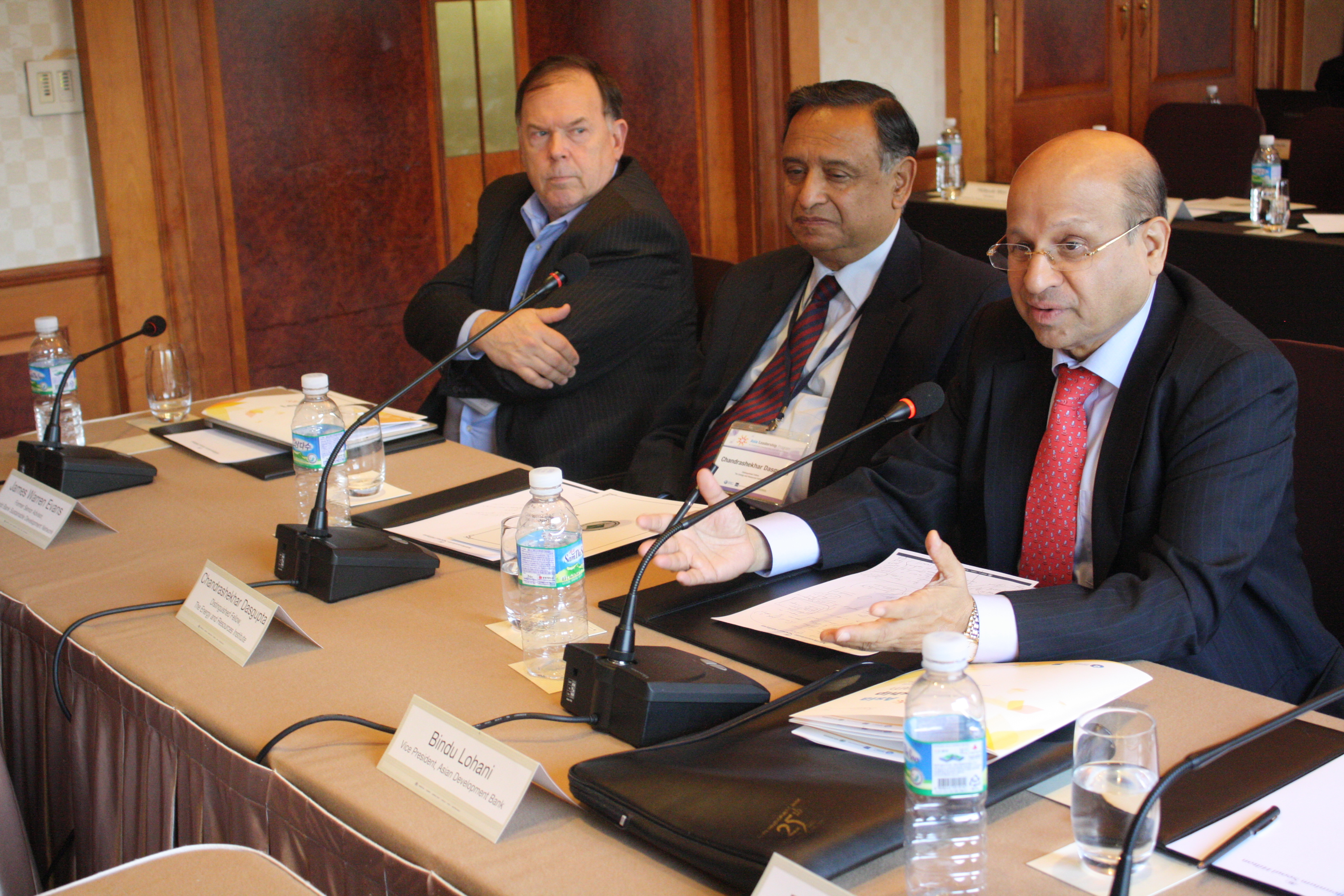
The third day of the Asia Leadership program was hosted at the KDI School for senior-level officials. In the welcoming speech, Bindu Lohani stressed the urgency for governments to invest in green growth strategies. Mr Lohani also challenged the participants present to rethink and redesign development strategies that are green and sustainable. San-Woo Nam on the other hand took attendants through a brief history of KDI and the role it played in Korea’s economic transformation.
With the break-out sessions, three cases we presented in the areas of Energy, Urban and Transport sectors. In an interview with the Globe, Anthony Jude, senior adviser on energy at the ADB, explained the need for the right energy mix for each country to catch up with the fast growth rate in the Asia region. “Every country choice of energy mix is dependent of the resources of that country hence political leaders need to decide which mix works best considering climate change issues,” He elucidated. Participants in the Energy section discussed how they will plan their hydro plants; manage the overall impacts both upstream and downstream, deal with NGO’s and civil societies. A field trip similar with the executive-level session was held at the fourth day and a final presentation of group works and action plans were presented during the last day.
Mr. Lohani, one of his speeches during the whole duration of the program, has highlighted four major lessons from year’s event. The lessons include, first, the importance of the role of government to finally push their countries to low carbon measures; second, the vision of its leaders of finally putting an end to poverty in the Korean development experience; third, the oftentimes lonely road that leaders take at the topmost level; and finally, the importance of ‘leapfrogging’, where should always be focused and determined to become the best. He explains to the Globe the importance of having visionary leaders and how this program can help in building this capacity. “Oftentimes leaders know the problems of their countries, they just don’t know how to work on it. This program will enable them to recalibrate their vision and have a community of leaders who share knowledge to each other. In fact, the role of the KDI School here becomes very vital: as a hub of know-how on Korea’s development, sharing this knowledge to leaders and policy makers can play a huge role in development.” The program, while held once year, has resulted to a network of leaders and the lessons learned during the program is stored in an internet base where the leaders can easily access to anytime they want. Mr. Lohani jokingly adds that this method is ‘cheaper than finding a consultant’ and looks forward to next year’s event.
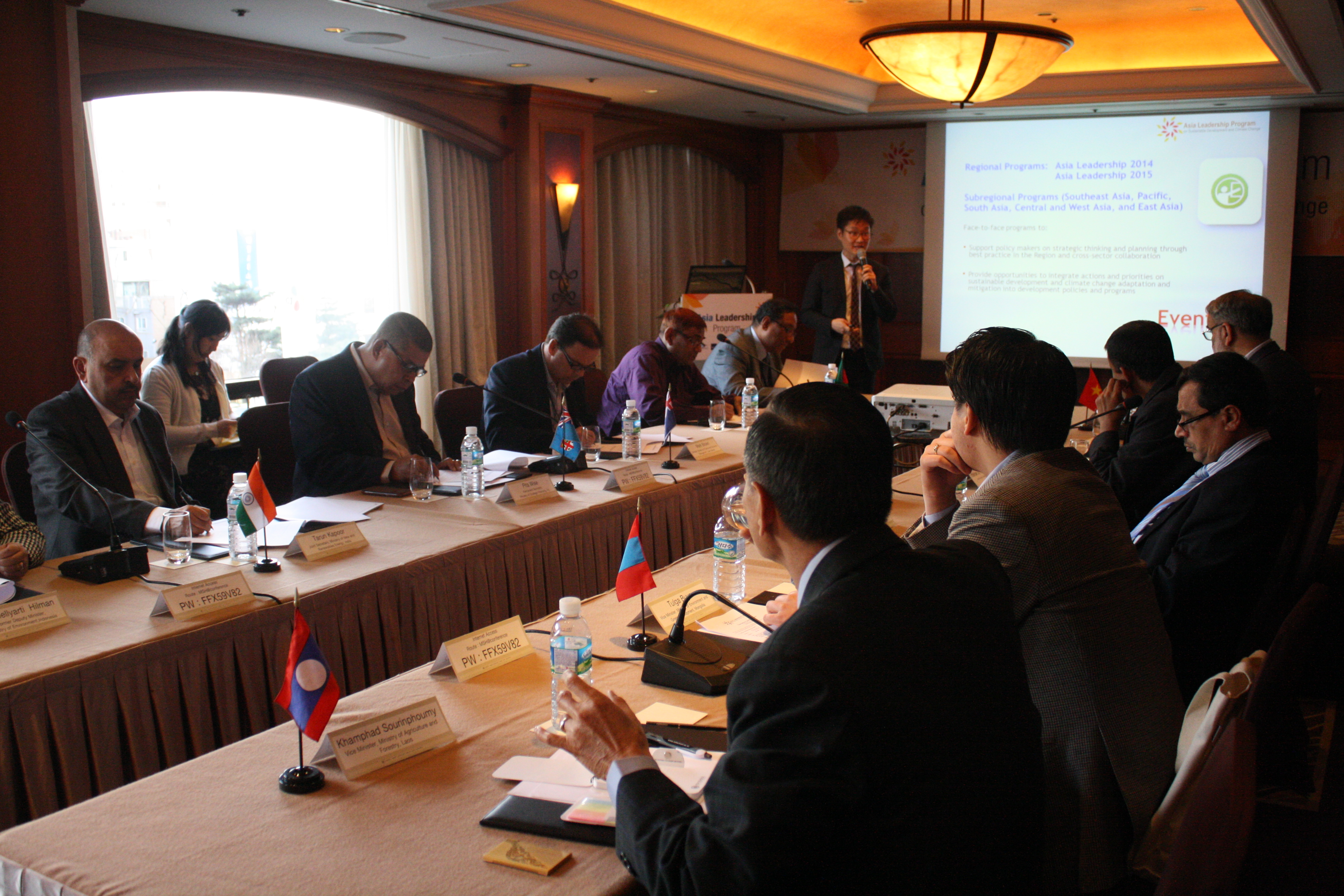
By Brian Dzansi (MPP, Ghana) & Rigoberto Banta Jr. (MPP, Philippines)
Related News
-
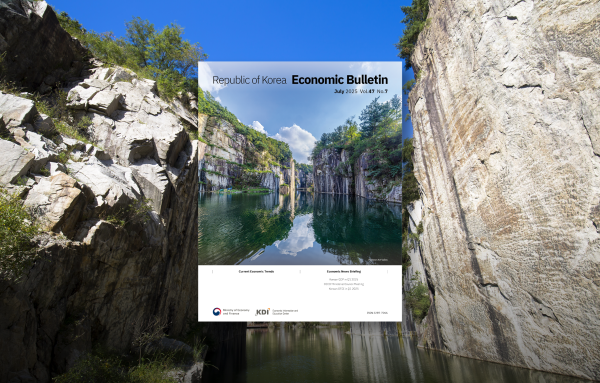
Research and Education10 days ago
Republic of Korea Economic Bulletin, July 2025#KDI #Economic #KDISCHOOL #kdischool #Economic Bulletin #Research
-
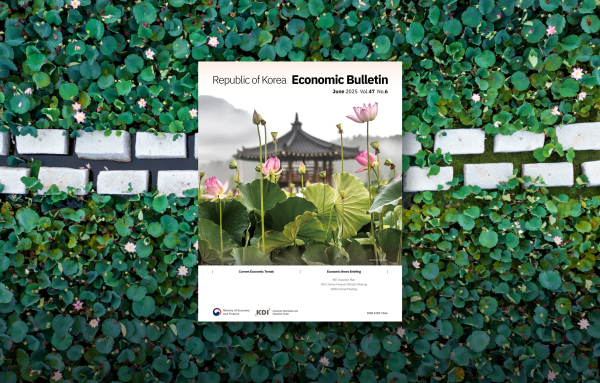
Research and Education38 days ago
Republic of Korea Economic Bulletin, June 2025#KDI #Economic #KDISCHOOL #kdischool #Economic Bulletin #Research
-
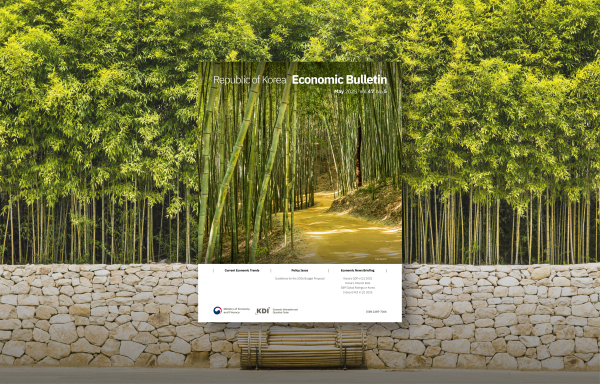
Research and Education72 days ago
Republic of Korea Economic Bulletin, May 2025#KDI #Economic #KDISCHOOL #kdischool #Economic Bulletin #Research

